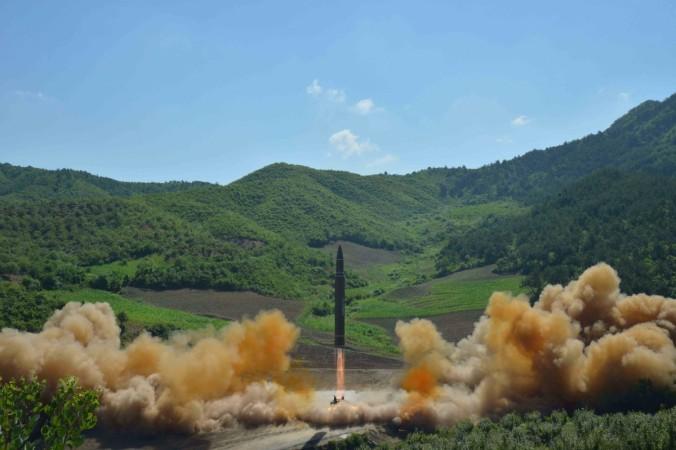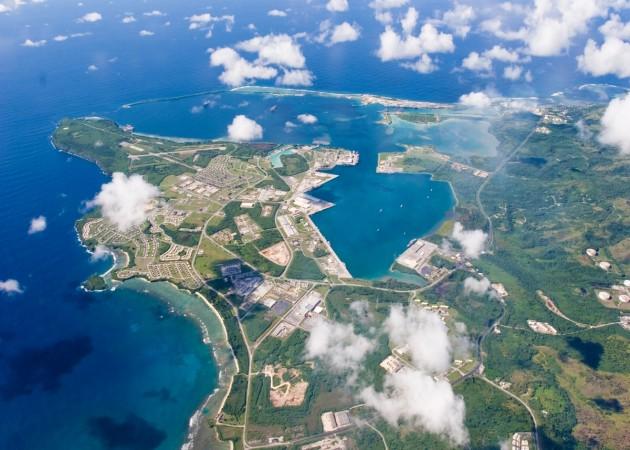A day after North Korea launched its latest ballistic missile — which flew over Japan and landed in the Pacific waters — on Tuesday, reports have emerged that South Korea is planning a mission to send special forces in search of Kim Jong-Un and his closest advisors in case the North starts a war.
Under the new plan, South Korea will aim to identify more than 1,000 primary targets in the North that can be eliminated by missiles and laser-guarded ammunition. Reports state that these targets include nuclear weapons and missile launch facilities.
The plan is reportedly among the revisions that are being made to Seoul's strategy for dealing with attacks from North Korea. The changes are being made considering the frequency of Pyongyang's test missile launches and the aggravating situation between the countries.
The military in the South has been asked to train special-forces units that can infiltrate into Pyongyang to target important members of Kim's regime. The strategy is being formulated to bring a more rapid conclusion to fighting if it breaks out, according to The Telegraph UK's reports.
South Korean President Moon Jae-in was briefed by senior officials from the Defence Ministry on Monday about the revisions. Reports state that Moon told the ministry to implement changes to the military to meet the increasing challenges being posed by North Korea.

Military should be ready to "quickly switch to an offencive posture in case North Korea stages a provocation that crosses the line or attacks the capital region," the Chosun Ilbo newspaper quoted the Korean President as saying.
'Can turn South into a desert'
While South Korea is preparing to battle North Korea, geopolitical experts say handling the Korean Peninsula crisis through diplomacy is the only safe bet.
Professor Georgy Toloraya — a Russian diplomat and an expert in Asian studies — told Russia Today that if the situation in East Asia is not resolved, various countries "will be living under a threat of a nuclear volcano erupting." These countries include Japan, China, Russia and the United States.
"Everyone understands perfectly well that for North Korea, if it initiates an aggressive strike, a military conflict will mean a complete and immediate destruction, because no one can deny the US military might," Toloraya said.
He also said if the United States tries to solve the problem with its military, it could prompt a retaliatory strike by North Korea that would "turn South Korea into a desert."

The geopolitical expert said North Korea does not even require nuclear weapons to destroy the southern nation. He said Pyongyang's artillery can easily reach South Korea and the nation will be "no good for life" if the missiles hit nuclear facilities in the South.
Next target is Guam: North Korea
North Korea state media on Wednesday warned that its missile launch over Japan was just a prelude to more military operations directed at the American territory of Guam.
The country's state-run Korean Central News Agency said the missile launch from Pyongyang was "the first step of the military operation of the (North Korean military) in the Pacific and a meaningful prelude to containing Guam."
Meanwhile, the Guam governor's office released a statement saying there has been no change in the American island's threat level.

"We knew, based on North Korea events in previous years, that with the joint exercise between the US, South Korea, and its Allies, we can expect rhetoric and activity in North Korea," said George Charfauros, Guam homeland security advisor.
North Korea has continued to develop and test nuclear and ballistic missiles despite several sanctions imposed on it by the United Nations to curb exactly such activity. The North's ambitious missile programme looms as a threat to nations such as South Korea, Japan and the US.











